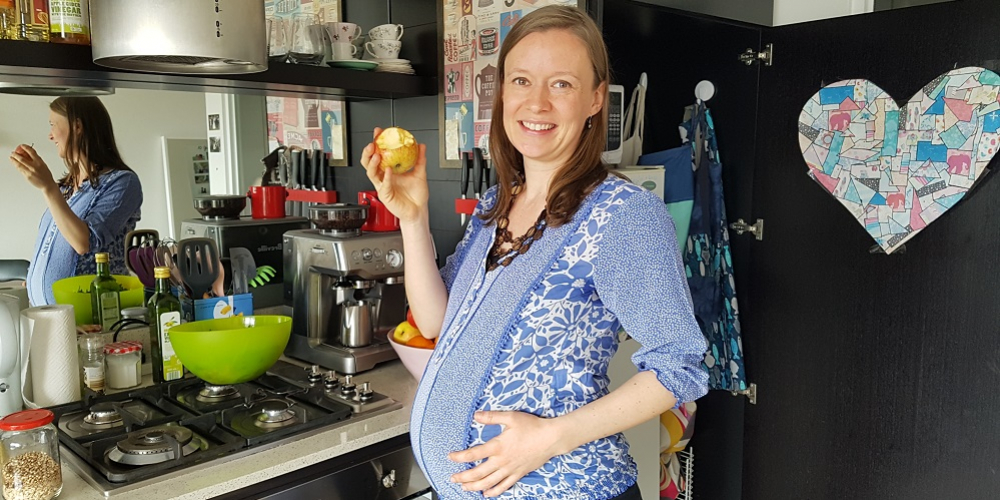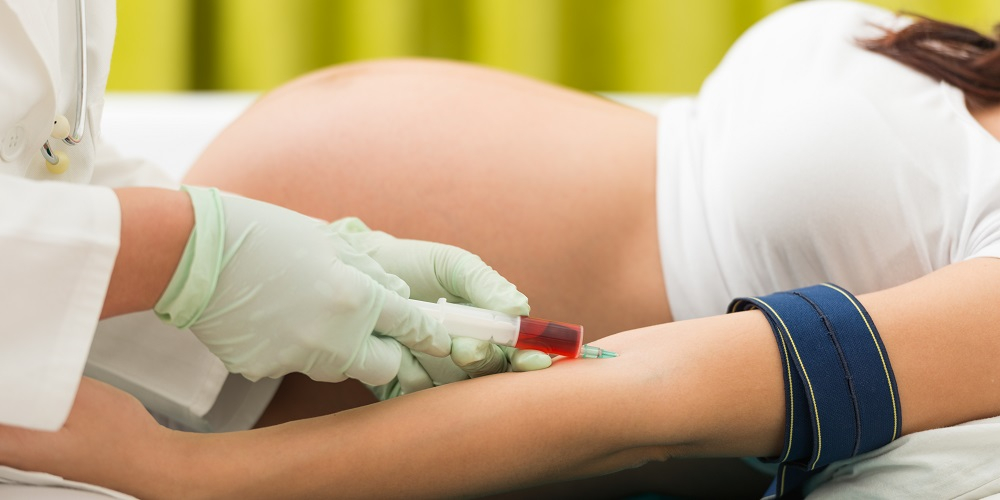
Screening women at high risk of gestational diabetes early in their pregnancy reduces the overall risk of complications for their baby, including preterm birth and stillbirth, new research from the Royal Women’s Hospital has found.
The research is being presented at the Women’s Research Week which begins today.
A study of 769 patients at the Women’s found that women at high risk of developing gestational diabetes who were tested and diagnosed early in their pregnancy were less likely to have babies who experienced complications, compared to low risk women diagnosed with routine screening later in their pregnancy. The benefits were a reduced risk overall of newborn complications including preterm birth, stillbirth, hypoglycaemia, admissions to neonatal intensive and injury during birth.*
Accessing early treatment also resulted in the high risk group having no increased risk of having big babies, pre-eclampsia or caesarean section which are common complications for women with gestational diabetes, compared to lower risk women diagnosed later in the pregnancy.
Women who had experienced previous gestational diabetes, were overweight, women of some ethnic backgrounds**, were older mothers, or had a family history of diabetes were considered high risk and were offered early testing. Thirty-percent of women were diagnosed in early pregnancy.
The study’s lead researcher, Erin Clarke, said once diagnosed with gestational diabetes, patients were provided support, treatment and advice to manage their diabetes primarily through diet and exercise.
“All pregnant women are screened from 24 weeks’ gestation for gestational diabetes, but women identified as high risk receive screening in the first trimester as early as 8 weeks’ gestation,” Ms Clarke said. “This research shows there is a significant benefit to high risk women receiving an early diagnosis, with the pregnancy having the same or better outcomes compared to lower risk women diagnosed later in the pregnancy.

“It is important that we understand the best diagnosis and treatment options for these high risk women, as there are growing numbers of women falling into this group as more women choose to delay motherhood and more women are overweight.”
High risk women often develop gestational diabetes earlier in pregnancy before routine screening occurs. Identification of these high risk women allows for earlier treatment.
Women who have undiagnosed and unmanaged gestational diabetes are at increased risk of having a large baby, pre-eclampsia, birth trauma to mum and baby, stillbirth, haemorrhaging, hypoglycaemia in the baby and their babies being admitted to neonatal intensive care.
“Recent research from the Women’s Diabetes in Pregnancy Clinic has shown the most problematic complications, such as having a large baby, are avoided by effectively managing the gestational diabetes, particularly through diet and exercise,” Ms Clarke said. “Large babies are responsible for many of the other complications associated with gestational diabetes and it is reassuring for mothers to know they can do something to help their baby if they are diagnosed with gestational diabetes.”
Background
*Composite outcomes are the collective group outcomes of preterm birth, stillbirth, hypoglycaemia, admissions to neonatal intensive and injury during birth. Due to sample size conclusions cannot be drawn for individual morbidity.
*Women of some ethnic non-Caucasian backgrounds, particularly of South Asian or South-East Asian backgrounds, are at higher risk of developing gestational diabetes.
Of the 769 women involved in the study, 133 women were diagnosed with gestational diabetes before 24 weeks’ gestation. The remainder were diagnosed during routine screening at 24-28 weeks into their pregnancy.
Read related content from the Women's
-
 Diet prevents big babies in gestational diabetes patients
Diet prevents big babies in gestational diabetes patientsGround-breaking new research has found that women with gestational diabetes can manage their condition by modifying their diet alone and are no longer considered at high risk of the common complication of big babies.
Learn more -
Gestational diabetes
Between three and eight per cent of women will get gestational diabetes at some time between the 24th and the 28th week of pregnancy, sometimes earlier. It usually goes away after the baby is born.
Learn more -
 Gestational diabetes research to determine best treatment for pregnant women
Gestational diabetes research to determine best treatment for pregnant womenHead of the Women’s Diabetes Clinic, Dr Tom Cade, has received a $20,000 scholarship to complete research on gestational diabetes and changes to the way it is diagnosed, which came into effect in 2016.
Learn more -
 More women diagnosed with gestational diabetes
More women diagnosed with gestational diabetesVictoria has experienced a 75 per cent increase in the number of pregnant women being treated for gestational diabetes as doctors reduce the threshold for diagnosis.
Learn more